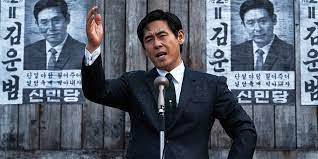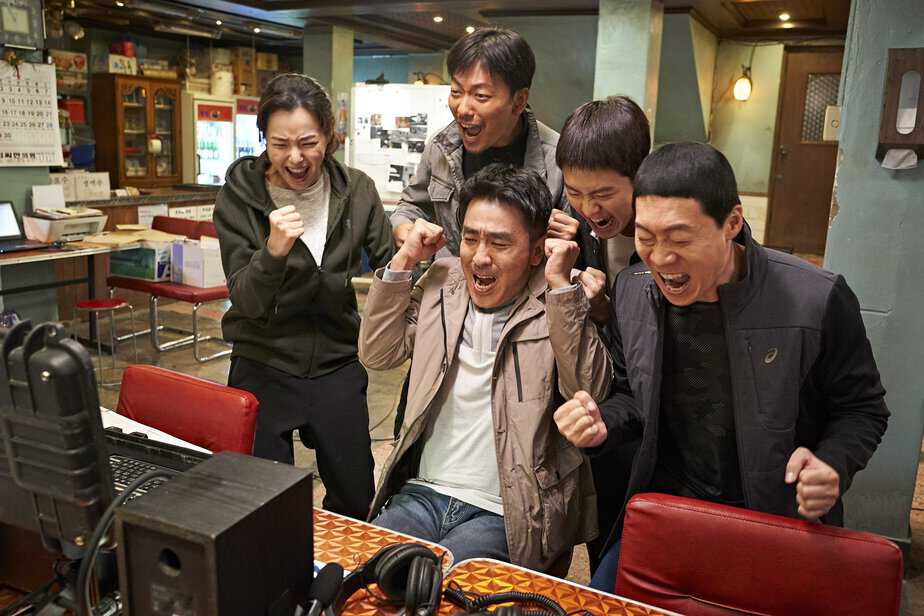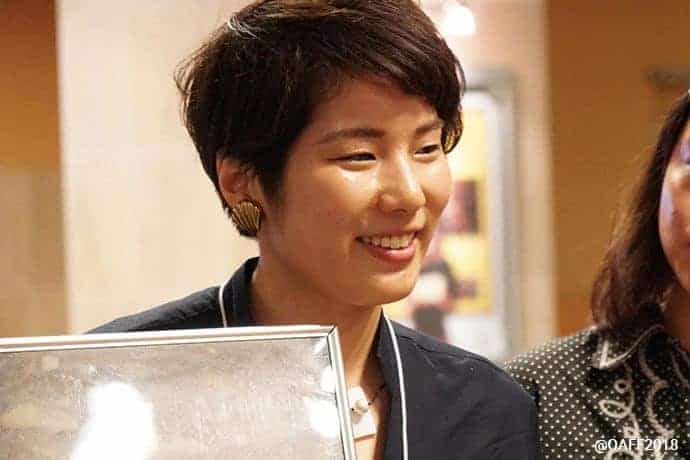Teenage angst, bullying and loneliness are the central puzzle pieces of Yuka Eda's directorial debut “Girls' Encounter” whose story is set in the Japanese province where escaping reality is a notch harder than disappearing in the anonymity of an urban landscape. With a deep take on the most confusing period of human life – hormonal, brutal and vulnerable, the Japanese director comes close to reality, uncompromisingly straightforward in her storytelling approach.
The story builds around Miyuri (Moeka Hoshi) who – bullied in school by a group of girls, is trying to make herself as invisible as possible. This proves to be very difficult as she is regularly being followed and humiliated on her way home. Her bag ransacked, her belongings scattered in the grass, she is left to lie in the dirt day after day. The bullying scenes are not an easy watch, with the banality of groundless violence fully exposed. Reversely, “Girls' Encounter” also shows how easy it is to break the circle of bullying if there is one person of social power with a will to act differently. Granted the detail Yuka Eda went into depicting this particular phenomena, she most probably wasn't leaning on the fantasy only.

In the script written for the film, Eda was particularly focused on silence and the sense of shame that many young people develop in puberty, and that pushes them even further into the abyss of depression. She also addresses the disadvantage of socially inherited behavioral norms – what is acceptable and what not acceptable to talk about or criticize, and how sticking to those norms plays in the hand of depression. At the same time, the writer/ director is interested in the fragility of “belonging together” or “commiserating”, and the false security this bond offers for a brief period of time. This is the most complex part of the narrative which already has a number of challenging issues to deal with. Nevertheless, the bonding between the two girls feels like live streaming from a teenage diary, at one moment gloomy, the next already playful, echoing with warnings, insinuations, dreams and fears.
The emotional hurt in an almost all-female world is well portrayed, and “Girl's Encounter” is a fine example that a coming-of-age story can be told without making it all about love interests and heart-break, but that men can nevertheless cause mayhem even if practically invisible. Few male actors appear in support roles as teachers and parents, each placed in the micro position of power, be it as an insensitive biology teacher (Takumi Matsuzawa) who requires of students to boil their silkworm cocoons, or as a deceivingly likable father (Yuya Matsura) of a mentally and physically tormented girl. Above all else, the psychological profiles of the titular characters in the film are very well developed.
Shy and silent, Miyuri's plights get completely unnoticed at home. Sitting still as the mouse at the dinner table, she is easy to patronize, and the mother blabbers her plans for daughter's future not expecting any verbal resistance. Other things are also not expected from Miyuri, whose loneliness weights heavy on her shoulders. A Stanley knife becomes her steady companion, alas not for the purpose of self-defense and not only outdoors. But at the moment when her hurt reaches the outer limit, a new schoolmate Tsumugi (Mitsuki Akiba) appears out of nowhere and offers nothing but kindness. Her motives are mysterious, but popular and strong on the outside, she pulls Miyuri out of the trouble, turning her into a visible, inseparable part of the class. Optical transformations happen on two levels – the physical styling also brings the change in Yûko Hirami's photography that switches from its pastel dreaminess to a crispier version of it.















